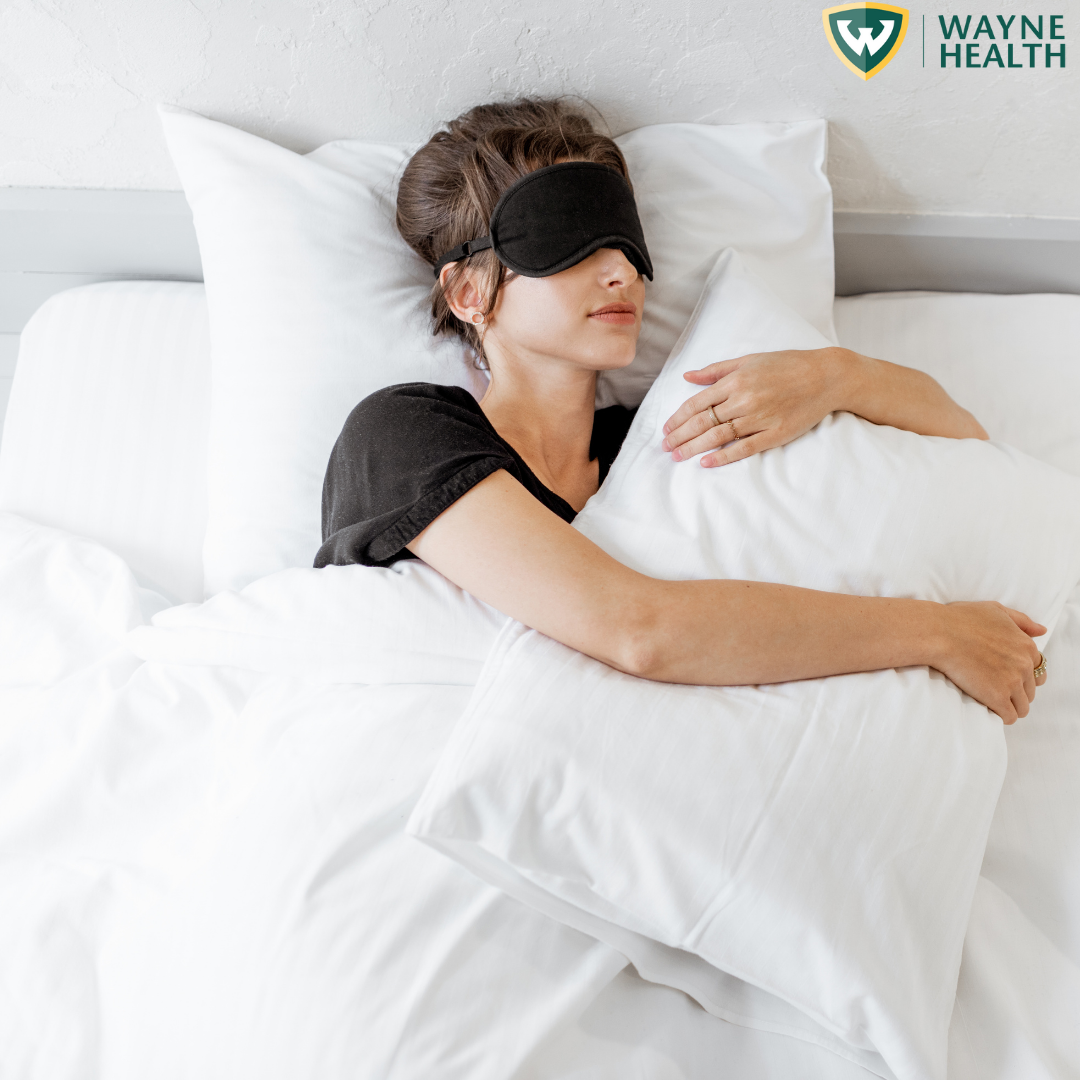Sleep well, live well
March 14, 2022
By M Safwan Badr, M.D., Department of Internal Medicine
Sleep is critical to human life and to quality of life. Unfortunately, our culture has perpetuated the myth that short sleep is a badge of honor connoting dedication, commitment, and hard work. The ubiquity of electronic devices has further eroded sleep time and has contributed to a national epidemic of insufficient sleep. Sleeping for less than seven hours per night is associated with a multitude of adverse health consequences, including poor quality of life, greater risk of accidents, impaired immune function, weight gain and obesity, diabetes, hypertension, heart disease and stroke, depression, and increased risk of death.
Tips for healthy sleep
- Awareness: It is critical that we view sleep as a critical component of wellness, as important as proper nutrition, and physical activity.
- Prioritization: We need to change our approach from relegating sleep to the leftover time after all tasks are completed. Instead, we need to prioritize sleep and planning activities based on the time allowed after a good night’s rest. Most people need to allow for 7.5 hours in bed to get 7 or more hours of sleep, consistently.
- Watch what you consume: It is important to avoid the consumption of caffeine in the afternoon or evening as it may remain in the system for about 10 hours. Nicotine and alcohol also disrupt sleep quality.
- Your bedroom is a sanctuary: It is vital that the sleep environment be conducive to optimal sleep. The bedroom should be quiet, dark, cool, and comfortable. One critical element is to keep the TV and work out of the bedroom. The bedroom is for two activities that begin with the letter “S”, and nothing else.
- No light at night: Exposure to light at night may hinder sleep. Therefore, it is important to minimize screen time before bedtime. In addition, cell phones should be beyond arm reach when trying to sleep.
- If you don’t fall asleep within about 20 minutes, leave your bedroom, and do something relaxing. Read or listen to soothing music. Go back to bed when you’re tired.
- Talk to your provider if poor sleep persists. A referral to a sleep specialist may be beneficial.
To request an appointment with Dr. Badr, please visit our appointment page.
